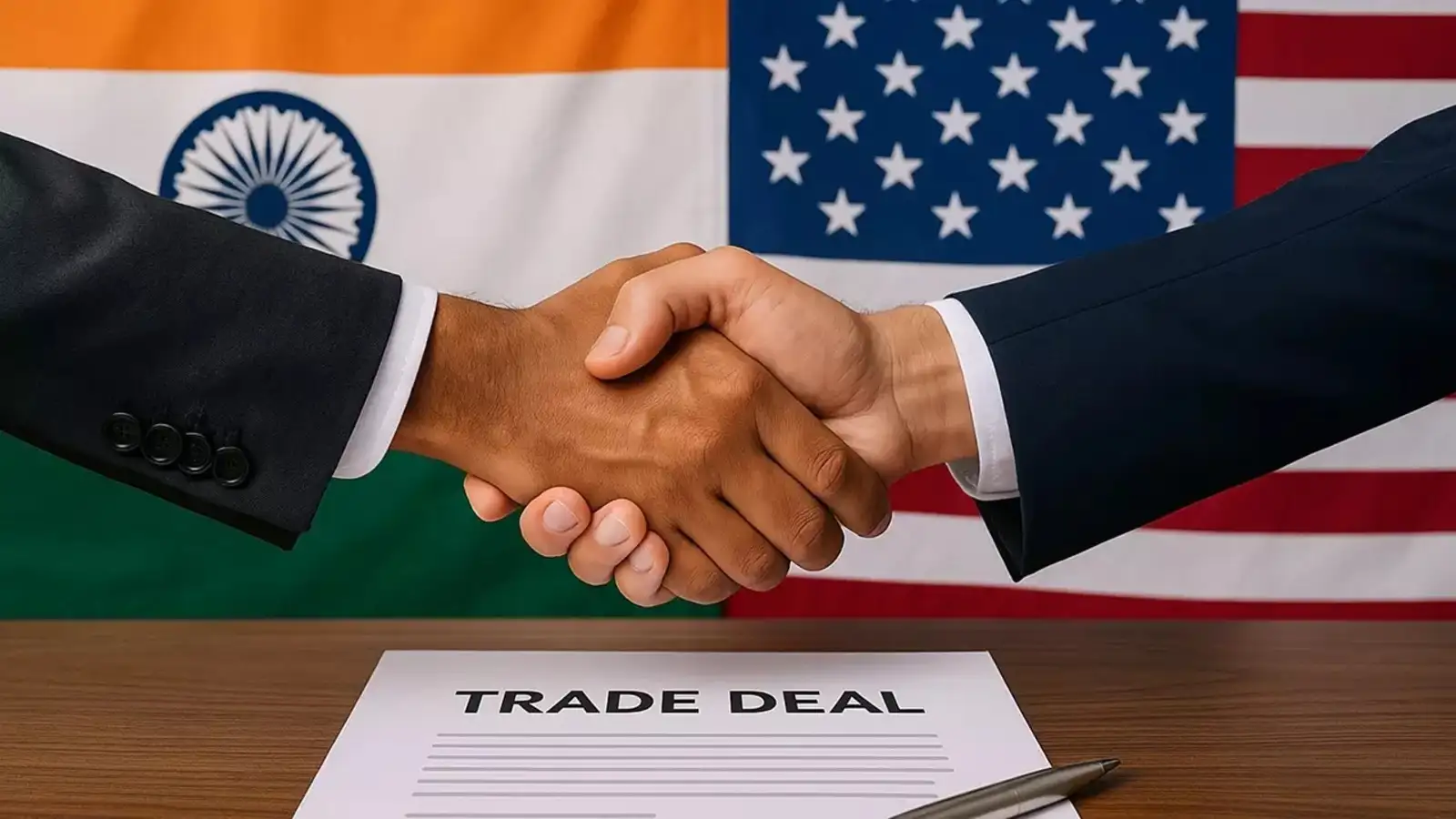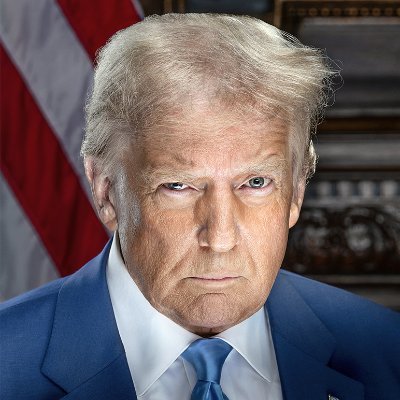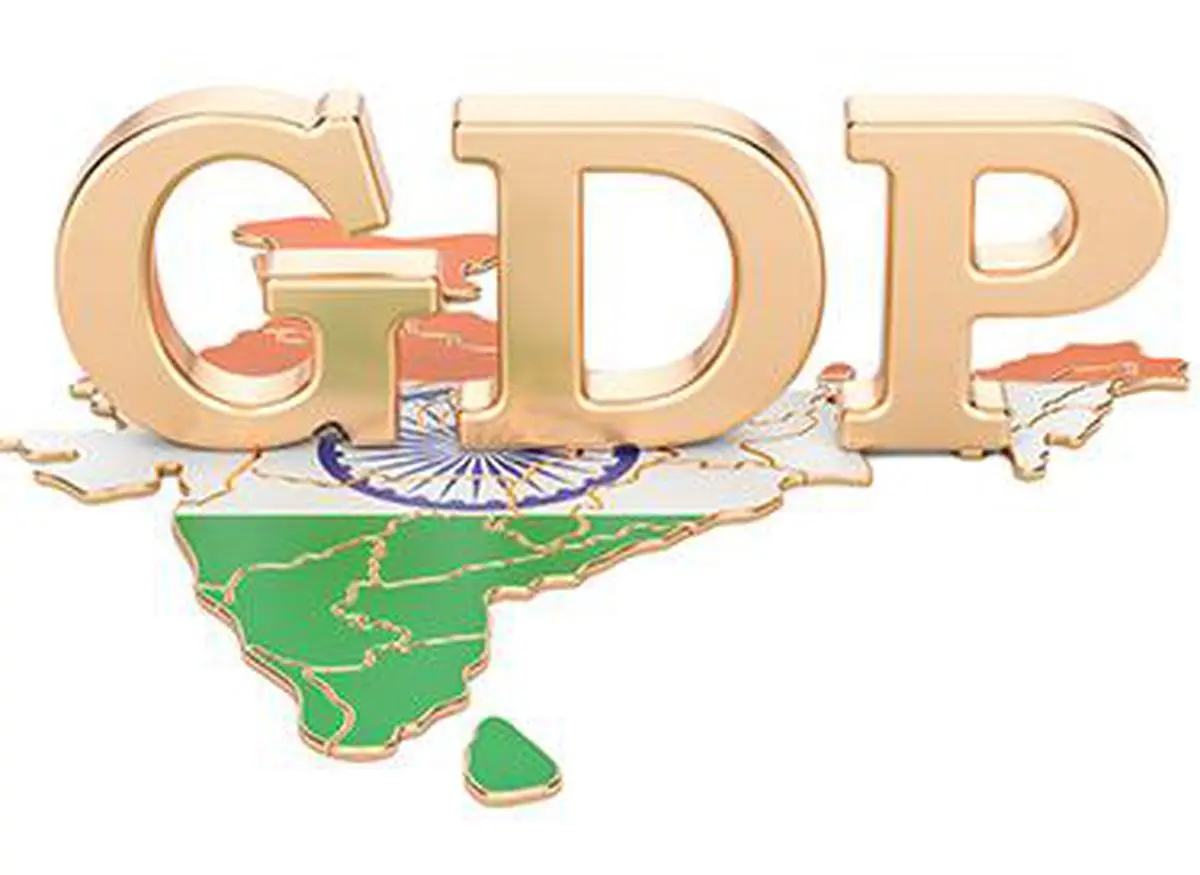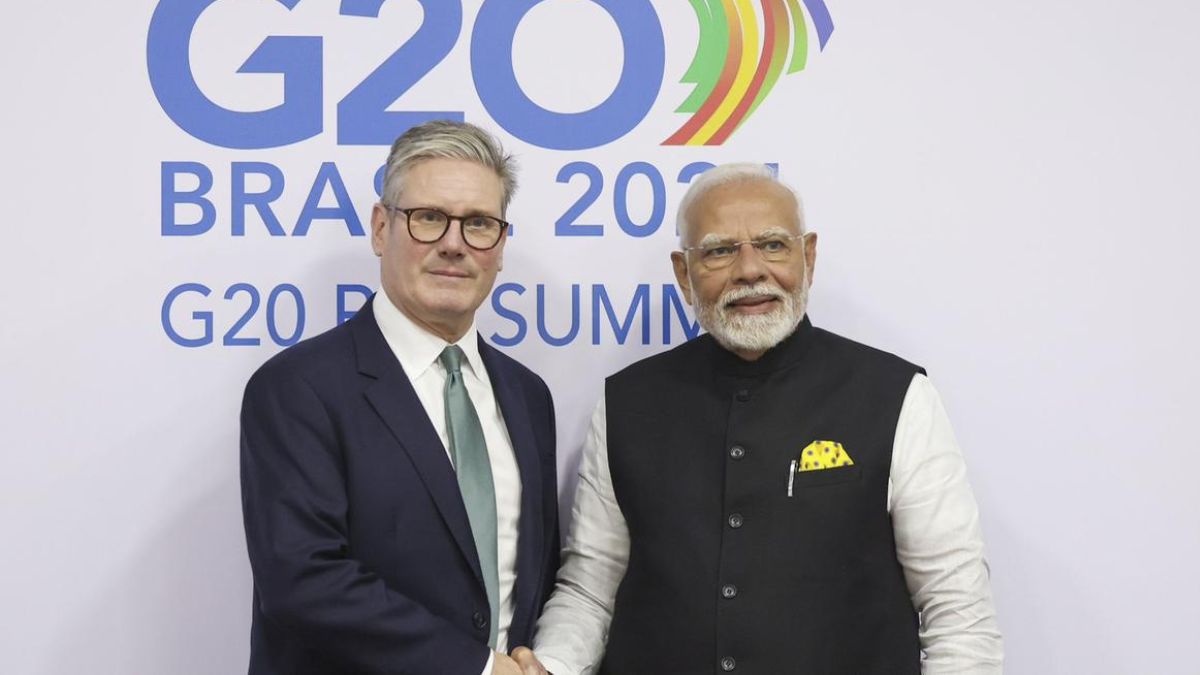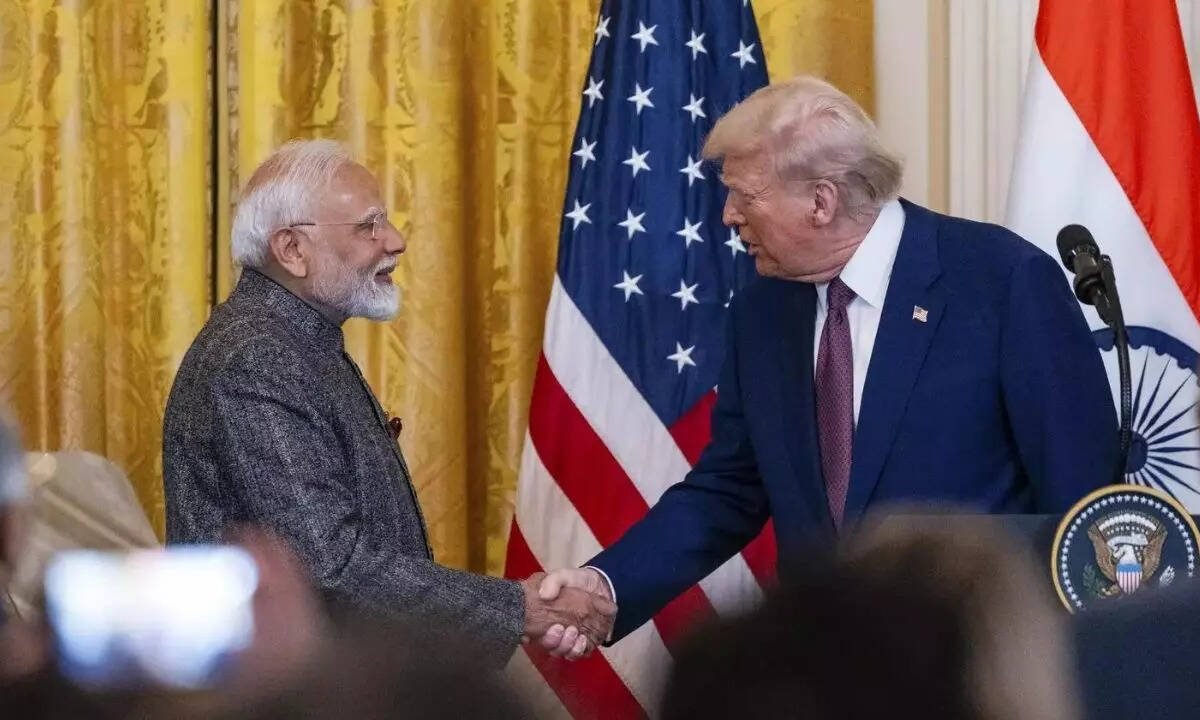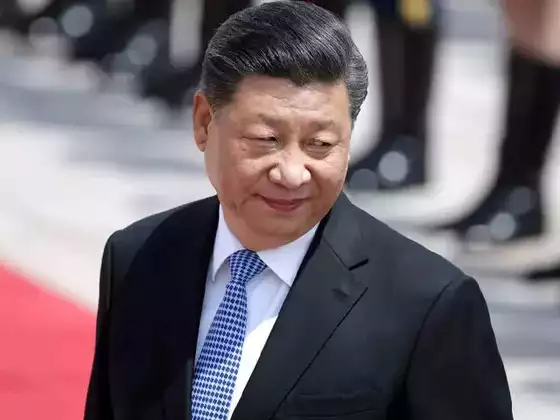Commerce Department urges caution as exporters eye relaxed value-addition norms in proposed bilateral trade deal
In the backdrop of the ongoing US-China tariff conflict, Indian exporters are pressing for relaxed Rules of Origin (ROO) under the proposed India-US Bilateral Trade Agreement (BTA). They believe such changes would allow them to add limited value to Chinese components in India and re-export to the US, helping India gain a slice of the market share China is losing due to high tariffs, reported thehindubusinessline.com.
Indian exporters seek ROO flexibility to reroute production, but government urges adherence to current US rules
The Commerce Department has advised exporters to strictly comply with current non-preferential ROO—either producing goods entirely in India or fulfilling the “substantial transformation” criteria, which require meaningful value addition in India. Officials warned that failure to meet these standards may result in US penalties, especially if shipments appear to be transshipments from China or other high-tariff nations.
Indian industry pushes for value-addition thresholds to enable competitive exports
In a recent meeting chaired by Commerce Special Secretary Rajesh Agarwal with major industry bodies such as CII, FICCI, PHDCCI, ICEA, and ASSOCHAM, participants emphasized the need for clear, codified norms on value addition to ensure objective compliance with US standards.
Some exporters urged the government to negotiate lower thresholds for value addition in specific sectors such as garments, machinery, and engineering goods, to quickly capitalize on trade opportunities arising from the $438 billion Chinese exports to the US
One engineering exporter noted that completing minimal assembly in India on Chinese base products could unlock massive export potential—but only if ROO frameworks permit such structures. Likewise, garment manufacturers see a chance to tailor imported fabrics in India and sell them in the US, provided the ROO in the BTA are clarified and favorable.
India eyes tariff reversals and fair treatment under 90-day US duty pause
Currently, the US imposes a 10% baseline duty on imports from most nations, including India, with an additional reciprocal duty suspended for 90 days until July 8. In contrast, Chinese imports face average tariffs of 124%, presenting a strategic window for Indian businesses. However, industry leaders warn that Vietnam and others may capitalize faster if India does not act swiftly.

